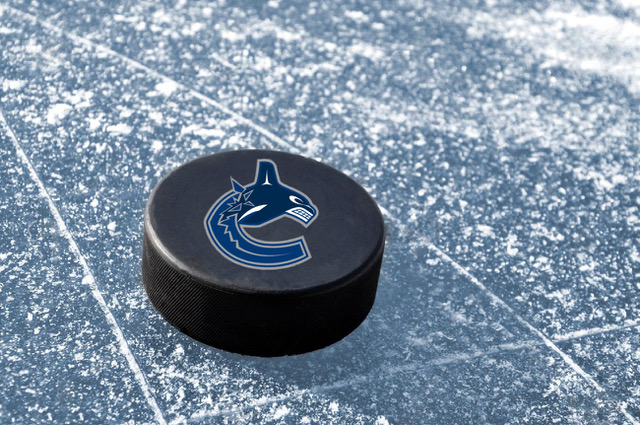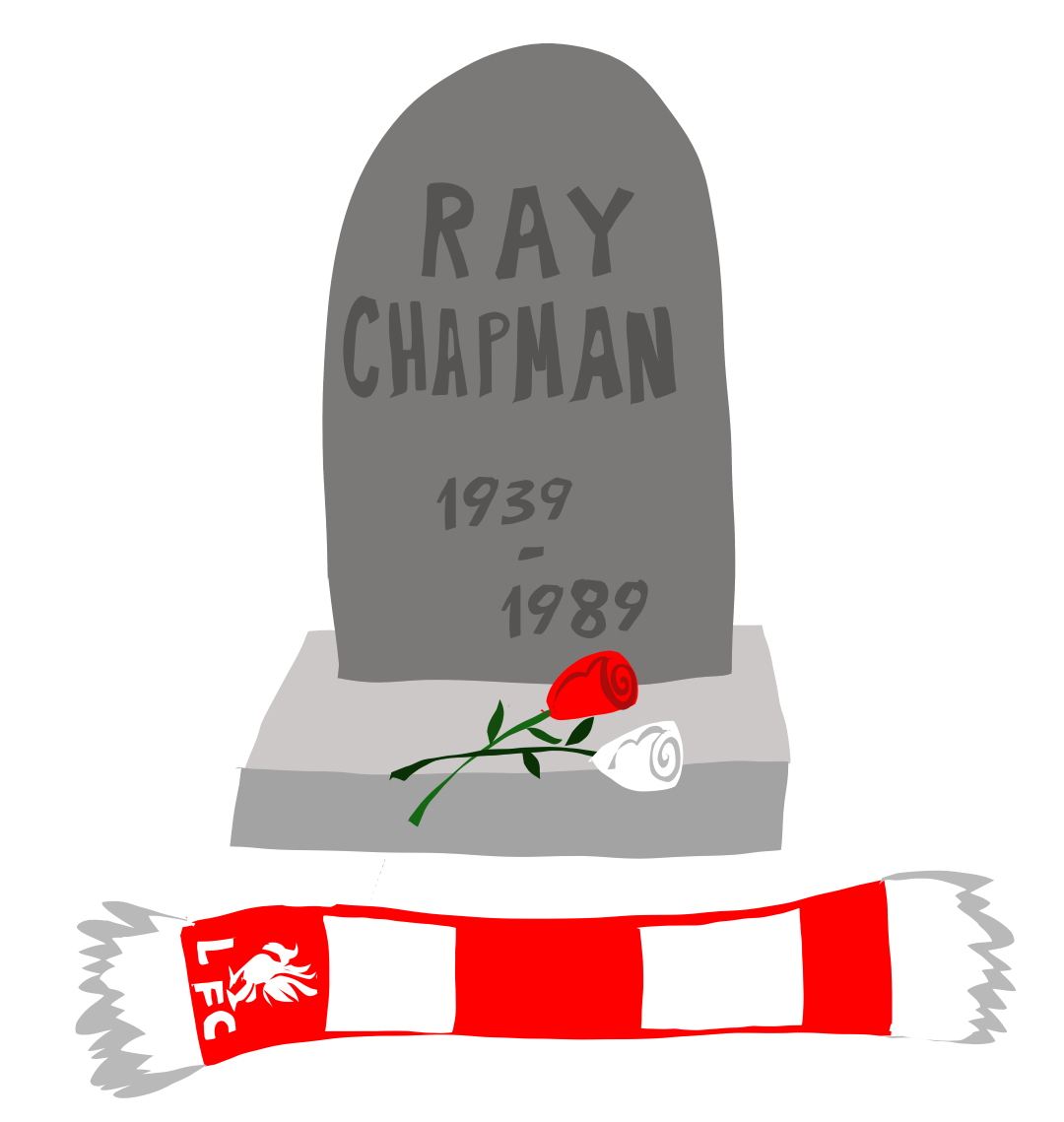
After Columbine shootings, the NHL postponed playoff games in Colorado
By Brandon Yip, Senior Columnist
“I think the league did the best job they could under the circumstances. There was no way any games should have been played in Colorado after the shootings.”
– Adrian Dater, former ‘Denver Post’ sportswriter
This month marks the anniversary of the tragic high school shootings at Columbine High School in Littleton, Colorado. At the time, it was the worst high school shooting in US history. Later school shootings at Sandy Hook Elementary School in Newtown, Connecticut, and Marjory Stoneman Douglas High School in Parkland, Florida reignited the ongoing debate about gun control in the US.
On April 20, 1999, two students by the names of Dylan Klebold and Eric Harris began a shooting rampage at Columbine High School. The two gunmen started shooting outside the building at 11:19 am. Then they made their way inside the school and later headed to the library and killed a total of 13 people (12 students and one teacher) with 24 people injured. After the shootings, just after 12 pm, Klebold and Harris turned their guns on themselves and committed suicide in the library (where the majority of the killings occurred).
As the city of Littleton was mourning the deaths and people injured at Columbine, the Colorado Rockies and Denver Nuggets postponed their games scheduled the day of the shootings. In addition, the NHL playoffs were set to begin the next day. The Colorado Avalanche was hosting the San Jose Sharks in game one of their Western Conference quarterfinal series. The game was to be played at McNichols Arena in Denver, Colorado on April 21. However, the optics would have reflected poorly on the NHL and be very insensitive to play hockey games in a state where a horrible tragedy occurred. The NHL later postponed the first two Avalanche home playoff games and instead switched the schedule and had the games played in San Jose. The Avalanche, to honour the victims at Columbine, wore a special “CHS” patch on the left sleeve just above the number.
Then Avalanche GM, Pierre Lacroix (who passed away in 2020 at age 72), had no issues with the postponement. “There’s nothing more important than the respect to our community,” Lacroix told the Sun-Sentinel. “We are a team that came into this market four years ago, and the community was outstanding in the way they treated this hockey club. The least we could show to this community is to show them the respect that they deserve. We have to act like all these kids are our kids.” Dean Lombardi, then general manager of the San Jose Sharks, was also in agreement to have the playoff games rescheduled. “I don’t think there’s any way we could have played [last night],” Lombardi told The Baltimore Sun on April 22. “From what I understand, the bodies are still in there [the school]. We talked about starting Thursday night and we threw that out. I don’t see how you could play here on Saturday either.”
Lacroix, then Avalanche coach, Bob Hartley, and several Avalanche players lived near or in Littleton and were friendly with some of the parents whose children attended Columbine High School. The Avalanche held a practice two days after the shooting and Hartley remembered the team was unable to focus. Coaches are often known to raise their voices to send a message to their players and to pick up the pace and work harder but this was not the time to do that. “We had a tough start, and it’s very understandable,” Hartley said. “I can tell you that I wouldn’t have accepted that kind of start if we wouldn’t have known what happened. That tragedy got to us. There are many dads on our team. I’m a dad, and for the last 24 hours it’s been pretty tough to focus on hockey.”
Adrian Dater, former sportswriter for The Denver Post, covered the Colorado Avalanche from 1995 to 2014. He lived near Columbine High School and said the shootings were one of the most difficult moments in his sports writing career. “Well, [I was in] pure shock of course,” Dater said in a phone interview with the Other Press. “I was at Avalanche practice at that moment. It was the day before the Avalanche were supposed to play game one against the Sharks in the first round of the playoffs […] Yeah, it was [horrible]. I had just driven by that school probably maybe an hour or hour and a half before that. I lived right near there.”
Dater said the NHL handled the Columbine tragedy appropriately by moving the first two games to San Jose. Game three was played in Colorado on April 28 eight days after the shootings. Games four and five were also played in Colorado. “I think the league did the best job they could under the circumstances,” Dater said. “There was no way any games should have been played in Colorado after the shootings.” The Avalanche won the series on the road in six games. They later lost in seven games to the eventual cup champions, Dallas Stars in the Western Conference Final.
Retired NHL defenceman, Curtis Leschyshyn, was a former Avalanche player, had an offseason home in Littleton. He was playing for the Carolina Hurricanes when the shootings occurred. Leschyshyn was stunned after hearing the news. “It’s really scary that that could happen 10 minutes from where I live,” he said. “While we were watching the TV coverage, my wife [Laura] had second thoughts about going back. But we realize that it could have happened anywhere. We’ll be a little more cautious.”
Like the Avalanche, the Colorado Rockies canceled their games at Coors Field against the Montreal Expos (now Washington Nationals) and rescheduled them to be played four months later. “We are deeply saddened by the events in Littleton yesterday, and now is not the time to play baseball,” said then Rockies vice chairman, Charlie Monfort in a statement. In addition, the Associated Press reported two days after the shootings that the Rockies would also wear Columbine High School patches on their right sleeves for the rest of the season.
It has been 22 years since the tragic shootings at Columbine. Adrian Dater said that he will never forget that day when sports in Colorado became of little consequence with 13 people dead and the city of Littleton in mourning. “It was horrible and now the years go by. Life goes on and people eventually move on with their lives,” Dater said. “[But] these were kids who were so young; they had their whole lives ahead of them and then it was taken away. It is awful and so sad.”



